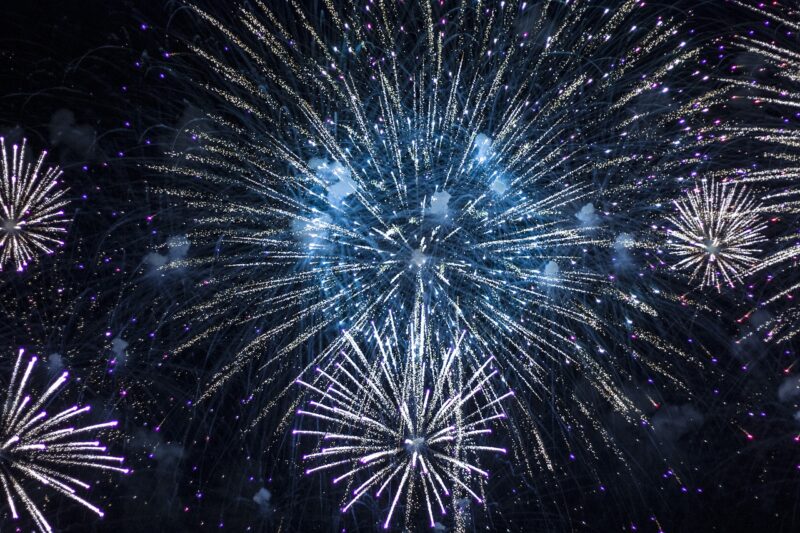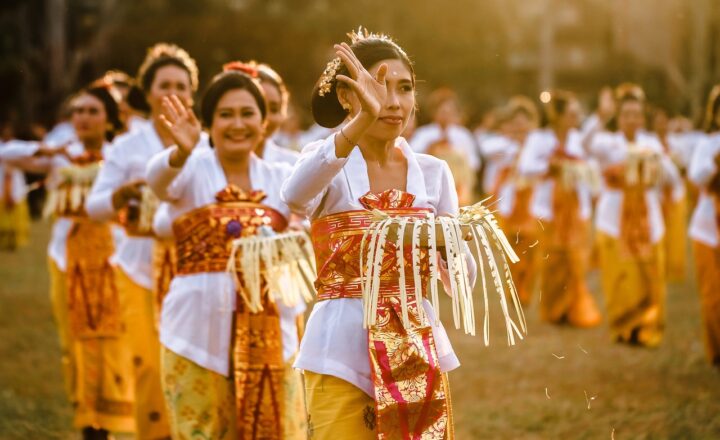
Festivals have been a part of human culture for centuries. They bring people together, celebrate traditions, and foster a sense of community. But beyond local gatherings, certain festivals have a unique ability to transcend borders and unite people from diverse backgrounds. In this article, we will explore the cultural significance, historical roots, and the connections between people that these shared celebrations forge.
1. The Universal Language of Celebration
Festivals often embody the core values of humanity—joy, gratitude, and the desire for connection. Whether it’s Diwali in India, Carnival in Brazil, or Ramadan observed by Muslims around the world, festivals celebrate human experiences that are universally understood: light overcoming darkness, renewal, and the spirit of togetherness.
These celebrations often feature music, dance, food, and rituals, all of which serve to foster connections across geographical boundaries. For many attendees, these festivals offer an opportunity to experience a different culture firsthand while sharing their own traditions, creating an enriching cultural exchange.
2. Historical Roots of Cross-Border Festivals
Throughout history, festivals that initially began in one region have migrated across borders, often adapting and blending with local customs. For example, Halloween originally stems from the ancient Celtic festival of Samhain, but it has now become a global celebration complete with costumes, trick-or-treating, and festive parties.
Similarly, the Olympic Games, which date back to ancient Greece, have grown to become a worldwide event symbolizing friendship and peace between nations. Though the Games were rooted in regional worship of gods and athletic competition, they now unite people in a global display of culture, athleticism, and national pride.
3. Festivals as a Platform for Peace and Understanding
In today’s world, where polarizing opinions and conflicts often dominate the headlines, festivals serve as a powerful reminder of our shared humanity. Events like the United Nations International Day of Peace or World Music Day bring people together in a collective celebration of peace, creativity, and understanding.
These occasions often emphasize themes like tolerance and unity, inviting individuals from varying cultures to come together and recognize their shared goals and values. Festivals like Holi—the festival of colors—invite people to participate in joyous celebrations devoid of religious biases, showcasing the beauty of inclusivity.
Furthermore, motivational figures, such as Nelson Mandela, recognized the significance of international festivals in promoting harmony. His participation in events like the Cape Town Jazz Festival depicted the unifying spirit of music and culture that transcends barriers.
4. The Role of Technology in Spreading Festival Culture
Technology has played a significant role in amplifying the reach of festivals worldwide. Social media platforms allow people to share their experiences and highlights from various events, encouraging cultural curiosity and participation. For instance, live-streaming services enable those unable to attend large festivals, like the Rio Carnival or the Glastonbury Music Festival, to participate virtually, bringing together a global audience.
Global platforms like YouTube or Instagram have propelled small, local festivals into worldwide phenomena. For example, the success of the Holi festival in India is now dubbed the “Festival of Colors” internationally, attracting millions of tourists seeking to celebrate and experience this vibrant tradition firsthand.
5. Festivals as Economic Drivers of Unity
Festivals also serve as significant economic drivers, stimulating local economies and promoting cross-cultural exchanges. Events like Oktoberfest in Germany attract millions of visitors each year, contributing to local businesses, tourism, and overall economic development.
Moreover, when communities host international festivals, they foster a sense of shared responsibility and mutual respect among attendees who converge regardless of their nationalities. The collective enjoyment of arts, music, and cuisine encourages positive interactions and sometimes even lifelong friendships, transcending borders and enhancing diplomatic relationships.
6. Conclusion: The Unifying Power of Festivals
Festivals inherently celebrate the universal aspects of humanity, evoking positive emotions and shared experiences that transcend geographical and cultural boundaries. They serve as a vital reminder that despite our differences, the core values that underpin our lives remain remarkably similar.
As we continue to navigate an increasingly interconnected world, let us embrace the power of festivals to unite, celebrate, and create lasting bonds across borders. By participating in these celebrations, we not only honor our own traditions but also cultivate an appreciation for the rich tapestry of cultures worldwide. Ultimately, festivals help bridge divides and reinforce the idea that together, we are much more than separate entities—we are a global community united by celebration.







